Christopher G. Framarin - Desire and Motivation in Indian Philosophy
Here you can read online Christopher G. Framarin - Desire and Motivation in Indian Philosophy full text of the book (entire story) in english for free. Download pdf and epub, get meaning, cover and reviews about this ebook. year: 2012, publisher: Routledge, genre: Religion. Description of the work, (preface) as well as reviews are available. Best literature library LitArk.com created for fans of good reading and offers a wide selection of genres:
Romance novel
Science fiction
Adventure
Detective
Science
History
Home and family
Prose
Art
Politics
Computer
Non-fiction
Religion
Business
Children
Humor
Choose a favorite category and find really read worthwhile books. Enjoy immersion in the world of imagination, feel the emotions of the characters or learn something new for yourself, make an fascinating discovery.
- Book:Desire and Motivation in Indian Philosophy
- Author:
- Publisher:Routledge
- Genre:
- Year:2012
- Rating:5 / 5
- Favourites:Add to favourites
- Your mark:
Desire and Motivation in Indian Philosophy: summary, description and annotation
We offer to read an annotation, description, summary or preface (depends on what the author of the book "Desire and Motivation in Indian Philosophy" wrote himself). If you haven't found the necessary information about the book — write in the comments, we will try to find it.
In this book, the author surveys the contemporary literature on desireless action and argues that the arguments for the standard interpretation are unconvincing. He translates, interprets, and evaluates passages from a number of seminal classical Sanskrit texts, and argues that the doctrine of desireless action should indeed be taken literally, as the advice to act without any desire at all. The author argues that the theories of motivation advanced in these texts are not only consistent, but plausible.
This book is the first in-depth analysis of the doctrine of desireless action in Indian philosophy. It serves as a reference to both contemporary and classical literature on the topic, and will be of interest to scholars of Indian philosophy, religion, theBhagavadgitaand Hinduism.
Christopher G. Framarin: author's other books
Who wrote Desire and Motivation in Indian Philosophy? Find out the surname, the name of the author of the book and a list of all author's works by series.

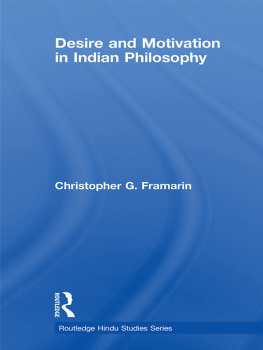


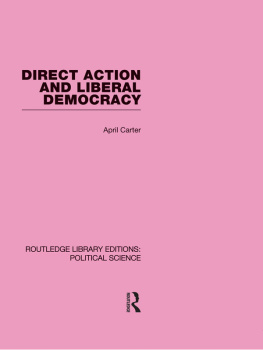

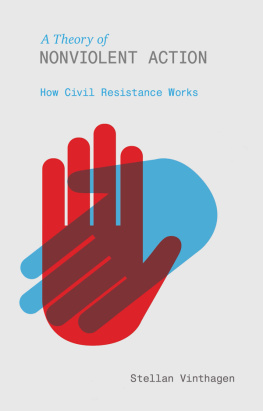
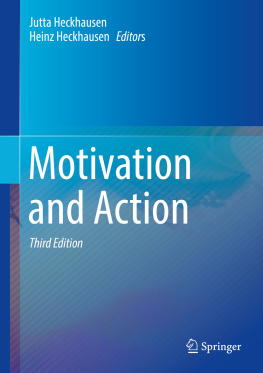
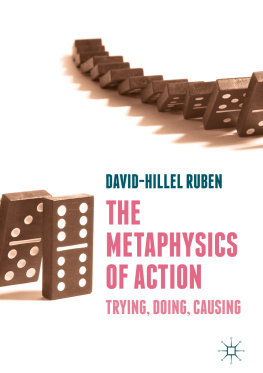


 Image
Image Mrti-sev as Devotional Truth
Mrti-sev as Devotional Truth
 and Yoga
and Yoga
 Vednta of Jva Gosvm
Vednta of Jva Gosvm
 without a sense of mineness (nirmama), without a sense of self
without a sense of mineness (nirmama), without a sense of self  that person attains peace.
that person attains peace. O Arjuna. Having attained this, one is not confused. Established [in this] even at the time of death, a person reaches cessation in Brahman
O Arjuna. Having attained this, one is not confused. Established [in this] even at the time of death, a person reaches cessation in Brahman